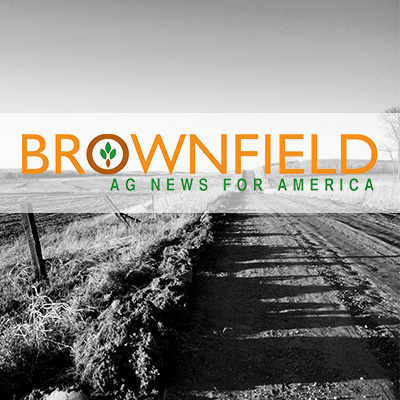News
Credit concerns increasing among Midwest ag bankers

The Federal Reserve says farmland values in the Midwest during the third quarter have remained stable.
Senior business economist David Oppedahl in the Chicago District tells Brownfield credit concerns among lenders are growing. “With the current revenues being very challenging, [farmers] would like to extend loans and are having a harder time repaying loans at the same time interest rates are rising.”
Farmland values in his district were one percent higher than last year but showed the first quarterly decline in almost two years. Oppedahl says after adjusting for inflation, values decreased by one percent. There was a one percent decline in good farmland values for the third quarter in Illinois, Iowa, and Wisconsin; Indiana had a two percent decline; and Michigan did not produce enough surveys for a significant response. Year over year, farmland values in the district are up one percent with Wisconsin seeing the highest increase, up four percent.
The Federal Reserve Bank of St Louis is reporting a 2.5 percent increase in farmland values from last year for the eighth district, which includes Illinois, Indiana, and Missouri. Ag bankers in the St. Louis district say farm income is lower than last year and they expect it to decline again in the fourth quarter. Bankers say they’re most concerned about continued low commodity prices and expect operating loans to have the largest repayment issues. A little more than half of respondents in the quarterly survey also say they expect soybean growers to delay selling some of their crop until prices show improvement.
Bankers in the Kansas City district echo their counterparts in the Midwest, saying farm income is projected to decline at the fastest pace in states with higher concentrations of corn and soybeans. More than 70 percent of respondents in Missouri and Nebraska expect to see lower farm income because of the trade disputes with China and reduced soybean exports. Nonirrigated farmland values across the District decreased two percent from a year ago.
AUDIO: Interview with David Oppedahl

Add Comment